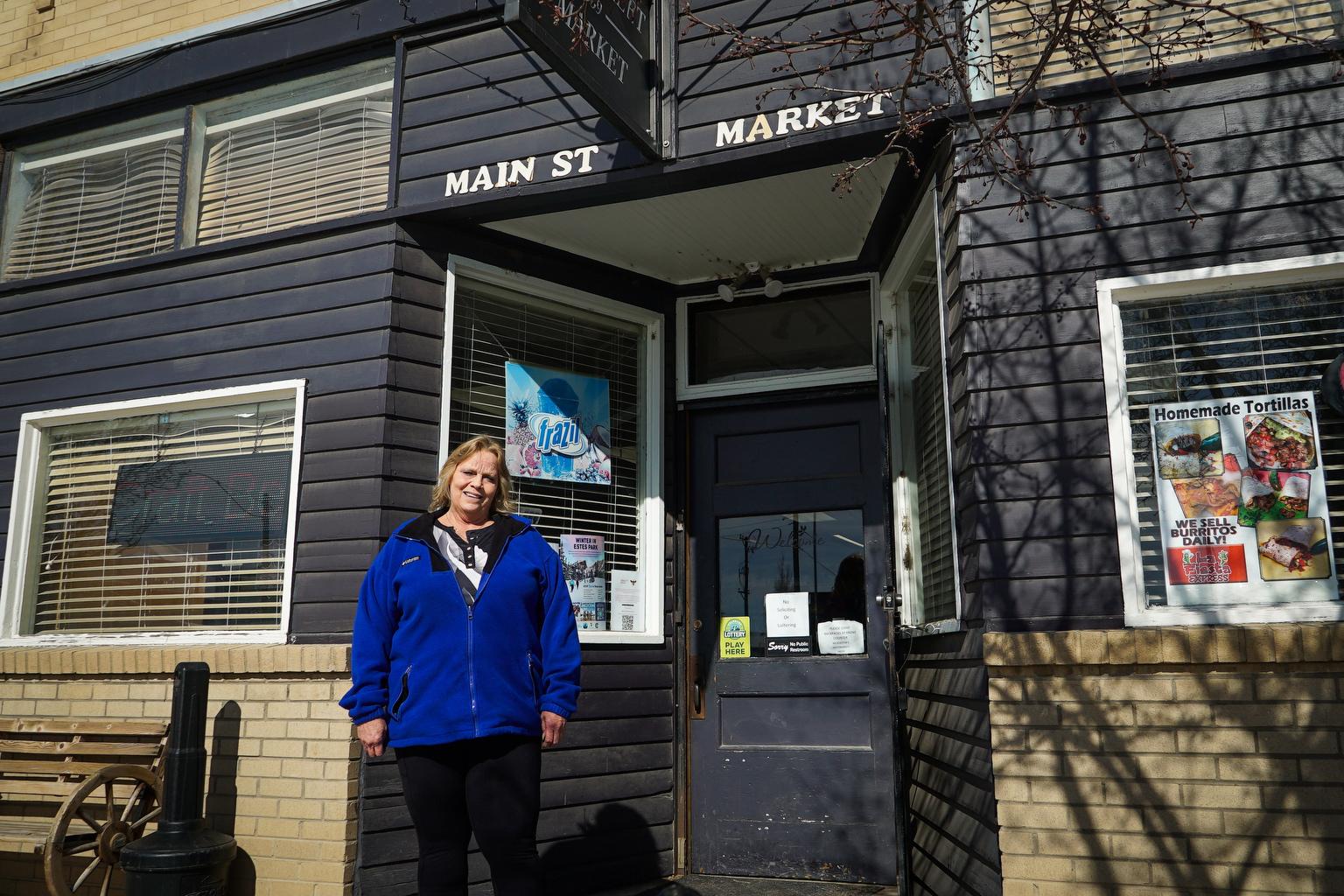
Families of Colorado state prison inmates serving sentences for non-violent offenses are urging Gov. Jared Polis to let their loved ones out early in hopes of preventing them from contracting COVID-19.
Organized by criminal justice reform advocates, the dozen or so families say their loved ones, serving sentences for crimes ranging from robberies to drugs, would be less likely to contract the disease if they were able to quarantine in a home rather than remaining in prison.
Since March, there have been two large outbreaks at the Sterling Correctional Facility and the Buena Vista Correctional Complex, according to the state Department of Corrections.
Statewide, 883 inmates have tested positive for COVID-19 and 3 have died.
Lawyers from the American Civil Liberties Union of Colorado say there is a perception that releasing offenders early could lead to a public safety crisis -- but they point out many of the most vulnerable inmates, most of whom are elderly, are in for non-violent crimes. The group has sued Polis for not doing enough on de-carcerating the state’s prison population during the pandemic.
“Frankly Gov. Polis has fed into this sense of fear by saying he won’t release dangerous criminals, which makes it sound like it’s a public safety risk,” said Helen Griffiths, an associate at the ACLU. “It’s clear we can safely release people. COVID-19 has shed a light on something that we’ve known a long time.”
In late March, Polis issued an executive order that allowed for some inmates to be released on “special needs” parole early. A few months later, one man who got his freedom under the program, was arrested on first-degree murder. Polis subsequently let the executive order expire and hasn’t renewed it.
On Wednesday, the governor didn’t respond directly to a question about allowing non-violent offenders out early but said he was proud of how robust the testing was inside Colorado’s prisons.
“We’ve been really doing pioneering work to reduce prison outbreaks and we’ve been more successful than other states,” Polis said, at a press conference. The state Department of Corrections has tested more than 27,000 inmates since March. “And mask-wearing, which we implemented very early in the prison system.”
Sandra Winston, who spoke on a panel Wednesday organized by the ACLU, talked about her husband, Gary Winston, who has COPD. He is serving a one-year sentence for drug possession. Sandra Winston has stage-four colon cancer and has postponed surgery until he gets out so he can help take care of her.
“I feel like I’m stuck in there with him,” Sandra Winston said. “It’s the not knowing. He could die. You’re not being rehabilitated, you’re stuck there. His sentence is so short, he’s not eligible for any programs in there. He’s just sitting in his cell.”
Will Cranfill said his dad is a human being “that deserves protection during this chaotic time.”
James Cranfill, 62, has served seven years for robbing a bank. Advocates say he did it non-violently, though, and had no weapon when he demanded a bank teller give him money on a piece of paper.
His son said it was a crime of desperation and poverty and that his father is now sober.
“Through his sobriety … he’s had this internal transformation,” Will Cranfill said. “I think it’s time for a guy who just wants to be a grandpa, it’s time for him to come home.”









